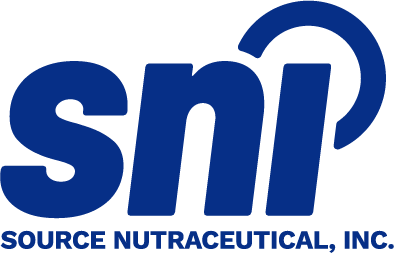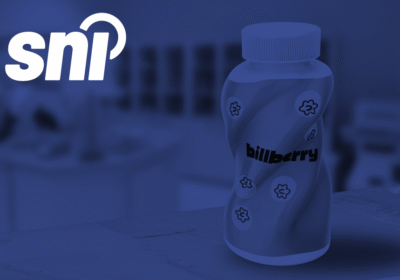Mushrooms are no longer merely a culinary component or a simple pizza topping - they have emerged in the industry as a dynamic and increasingly popular ingredient in the world of dietary supplements and health products.
Driven by a growing consumer awareness of the potential health benefits associated with various fungi, the mushroom market has experienced a remarkable surge in popularity, with data from SPINS revealing that these versatile organisms were among the top 25 best-selling ingredients in the natural channel over the past year.
FACT
Within the specific category of cognitive health, mushrooms have truly shone, commanding the top spot and experiencing an impressive 42% sales growth compared to the previous year.

This trend is further underscored by the strong performance of the Reishi mushroom, a specific variety that has also carved out a place among the top-selling cognitive health ingredients, boasting a 21% sales increase from the previous year.
Why so Much on Mushrooms?
Mushrooms are packed with vitamins and minerals, the clinical evidence to suggest it’s potential is just sprouting.
Types of Mushroom Supplements
Some of the most popular mushroom varieties used in supplements include:
REISHI
TURKEY TAIL
SHIITAKE
LION'S MANE
CORDYCEPS
CHAGA
These mushroom species have been seen on the market with a variety of claims about boosting immunity, treating lung conditions and COVID-19, enhancing cognitive function, reducing side effects of diabetes orchemotherapy drugs and much more.
But what really qualifies these companies to make these types of claims?
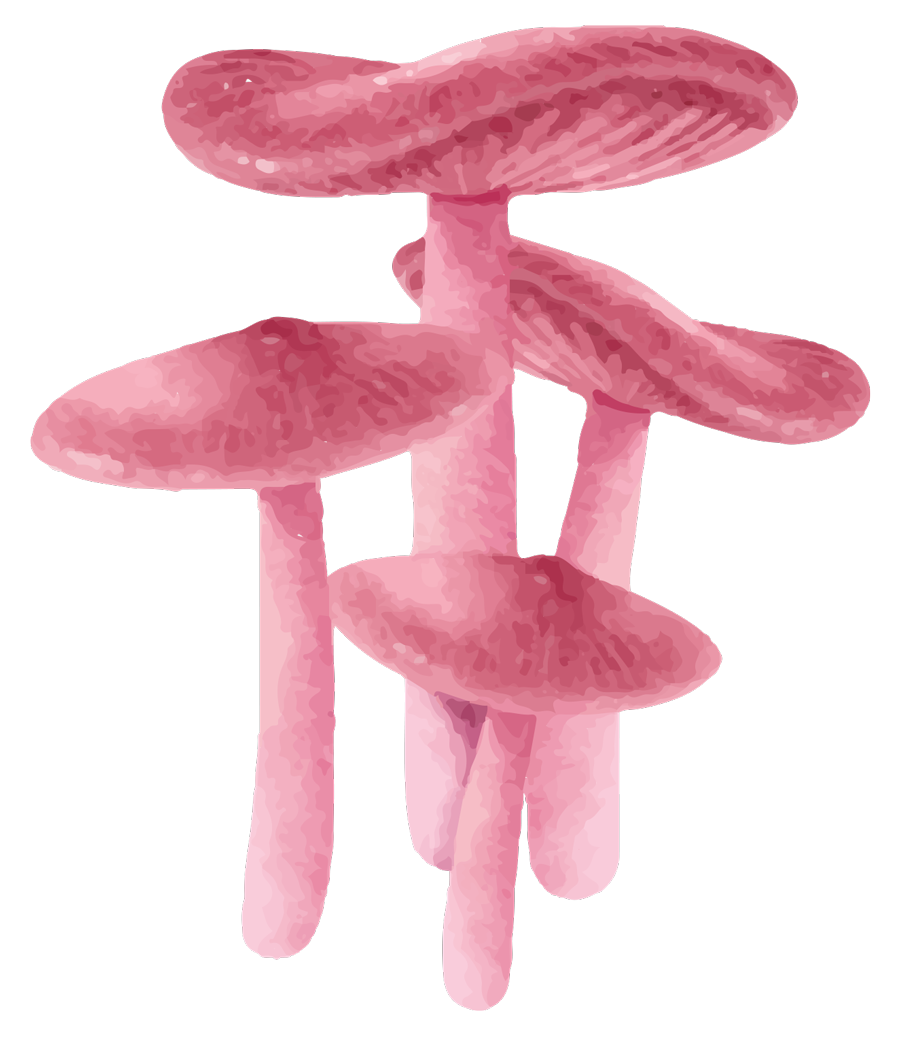
That varies based on country of sale, but generally speaking, clinical trial based evidence is required using ingredients at the same dose, in the same dosage form, and repeated more than once to show efficacious results.
What is involved in labelling Mushroom products?
The issue of fungal ingredient labelling has recently come to the forefront, with industry groups like the Natural Products Association (NPA) filing Citizen Petitions with the FDA requesting updated labeling guidelines. The core concern is that the current regulations do not require supplement and food manufacturers to specify the exact fungal parts used in their products, nor the specific fungal species they were derived from.
This lack of transparency is problematic, as the thousands of known fungal species can have vastly different nutritional and therapeutic properties.
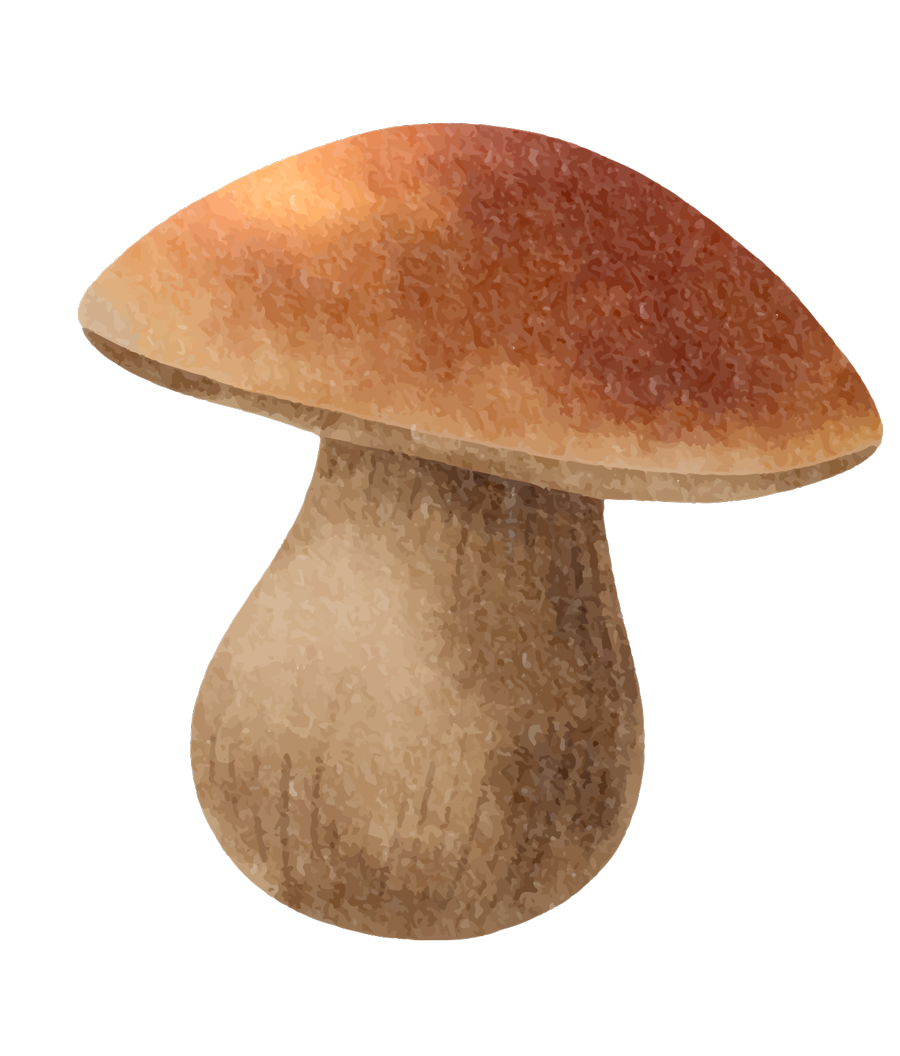
Without clear labelling, consumers have no way to know whether a "mushroom" ingredient comes from a superfood like chaga or a more common variety that may not confer the same health benefits.
The petitioners argue that people deserve to be fully informed about what they are consuming, especially for products making claims about immune support, energy, or other fungus-derived effects.
Updating the regulations to mandate the disclosure of fungal species and plant parts would empower consumers to make more educated choices that align with their individual wellness needs and preferences. Given the meteoric rise of functional mushroom supplements, this issue of transparency has never been more crucial for public health and trust in the natural products industry.
In Canada, the labelling of these types of supplements falls under the Natural Health Product Regulations.
There is a Mushroom monograph containing pre-cleared safety and efficacy information on many mushroom species, through the permitted claims under this monograph is lacking compared to the claims being made in the US market on similar products. For example, depending ono method of preparation and dose, Hericium erinaceus (or Lion’s mane) may only be able to use the claims Source of fungal polysaccharides and Source of antioxidants.
These don’t have quite the same impact as a Cognitive function claim, which commonly appear on US labelling of Lion’s Mane products.
Consumer Behaviour and the Mushrooms Market
The global functional mushroom market size was valued at USD 31.71 billion in 2023 and is expected to grow at a compound annual growth rate (CAGR) of 11.2% from 2024 to 2030.
Experts predict that the demand for functional mushrooms increased during the pandemic due to their health benefits, such as immunity-boosting properties, which had a positive impact on the global industry.
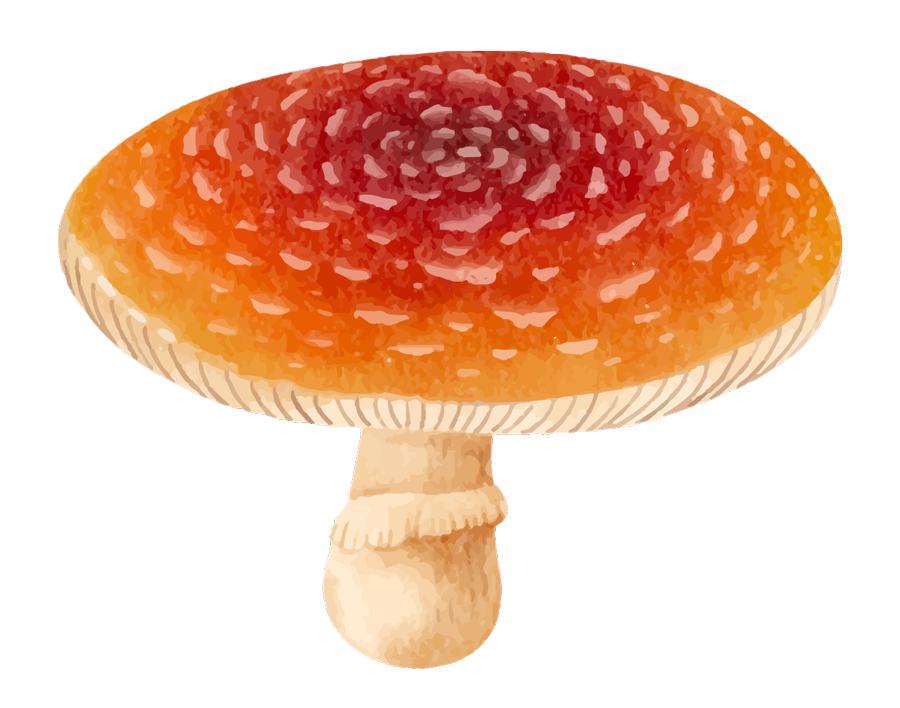
Plant-based diets have also surged in popularity, especially among younger generations concerned with animal welfare and environmental sustainability. According to a 2022 study by the Alliance for Science and Kansas State University, approximately 10% of U.S. adults now identify as vegetarian or vegan.
Meanwhile, functional mushrooms are projected to see increasing use in medicinal and health-related products in the years to come.
The allure of mushrooms as dietary supplements lies in their purported ability to support a wide range of health benefits, from immune function to stress management and beyond.
As consumers become more conscious of the connection between holistic wellness and the foods and supplements they consume, the demand for these fungal powerhouses shows no signs of waning, solidifying their place as a rising star in the natural health and wellness landscape.
